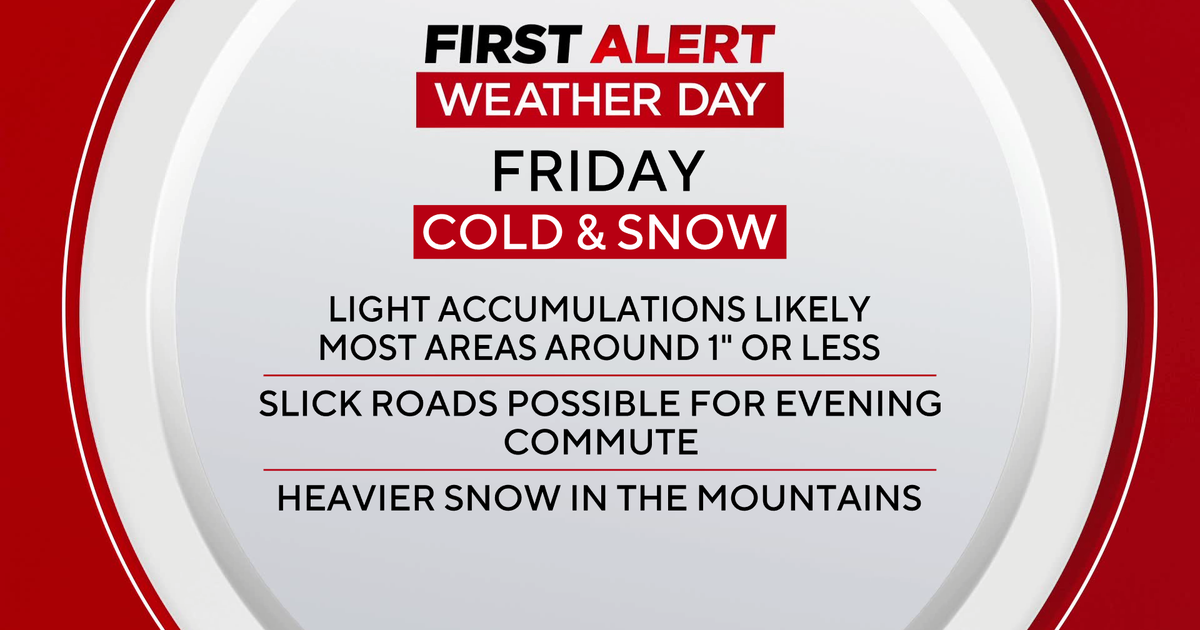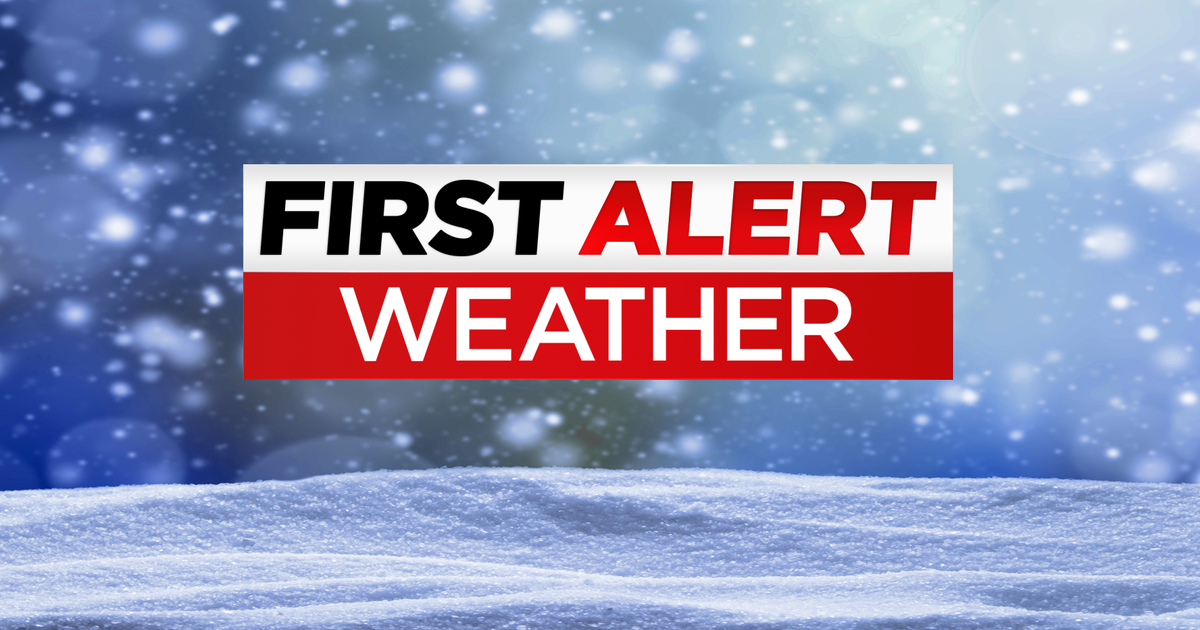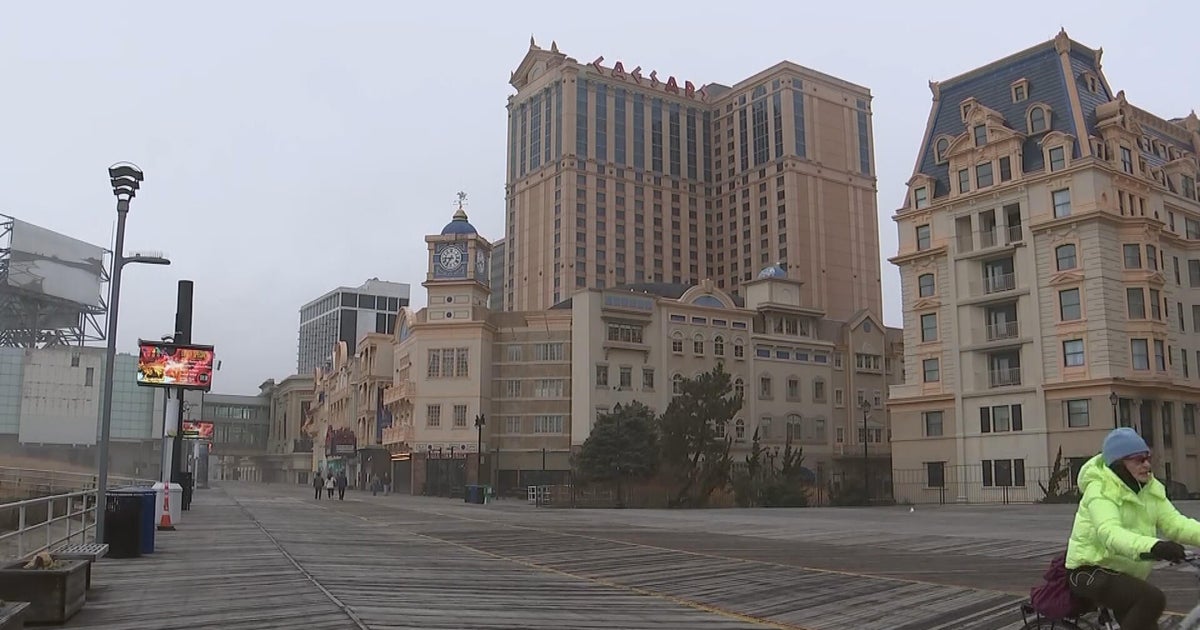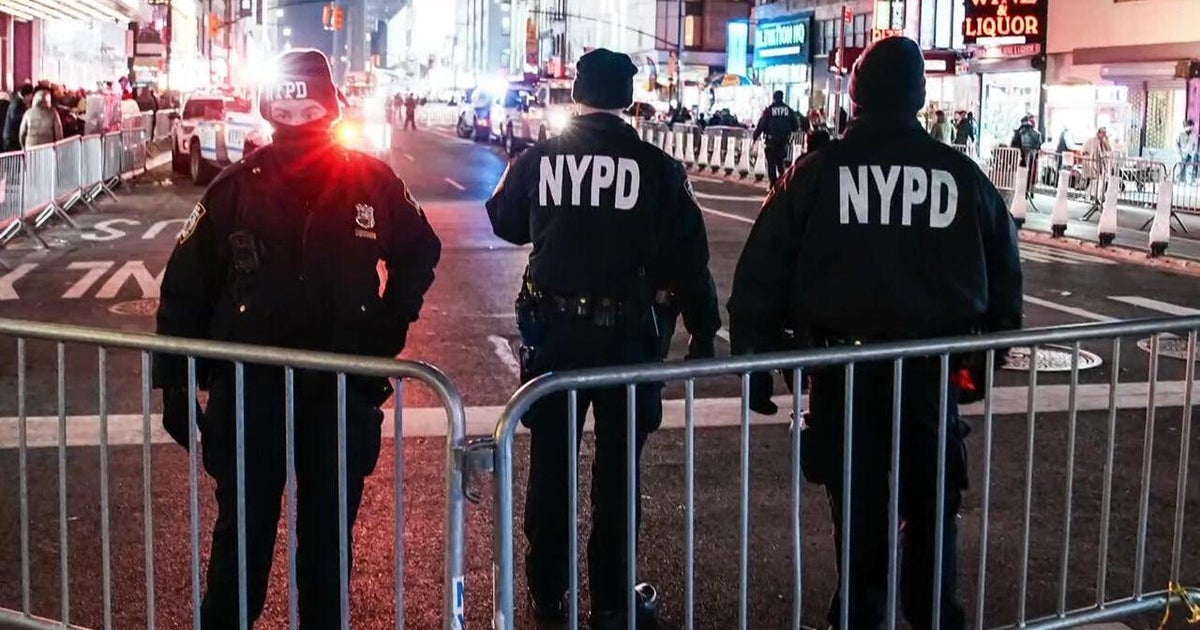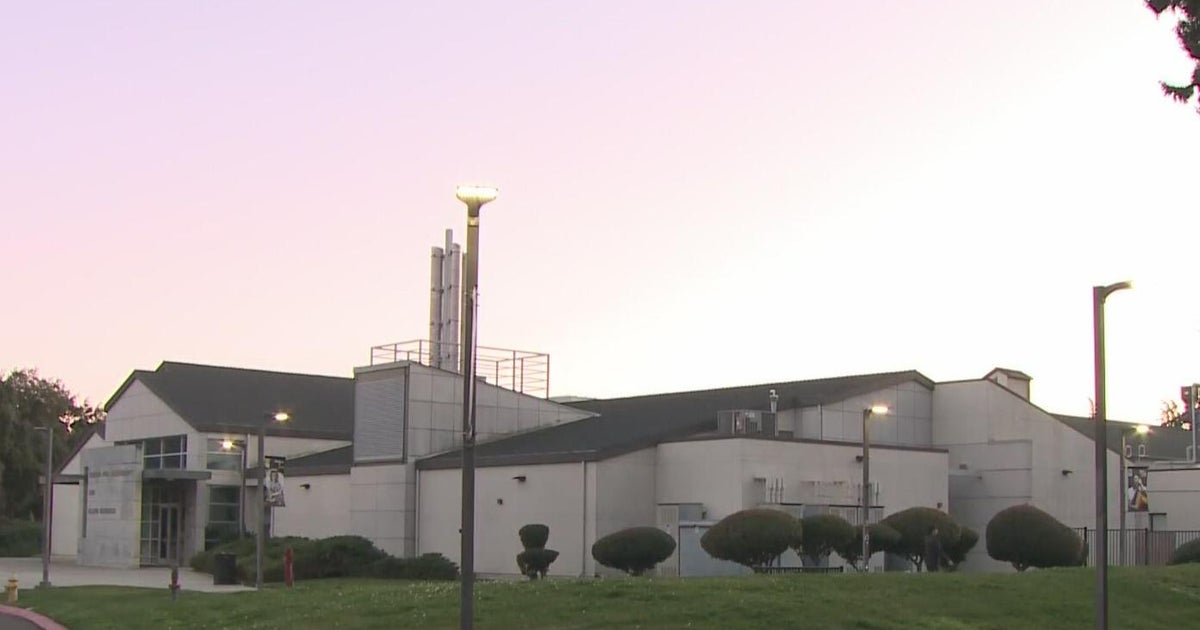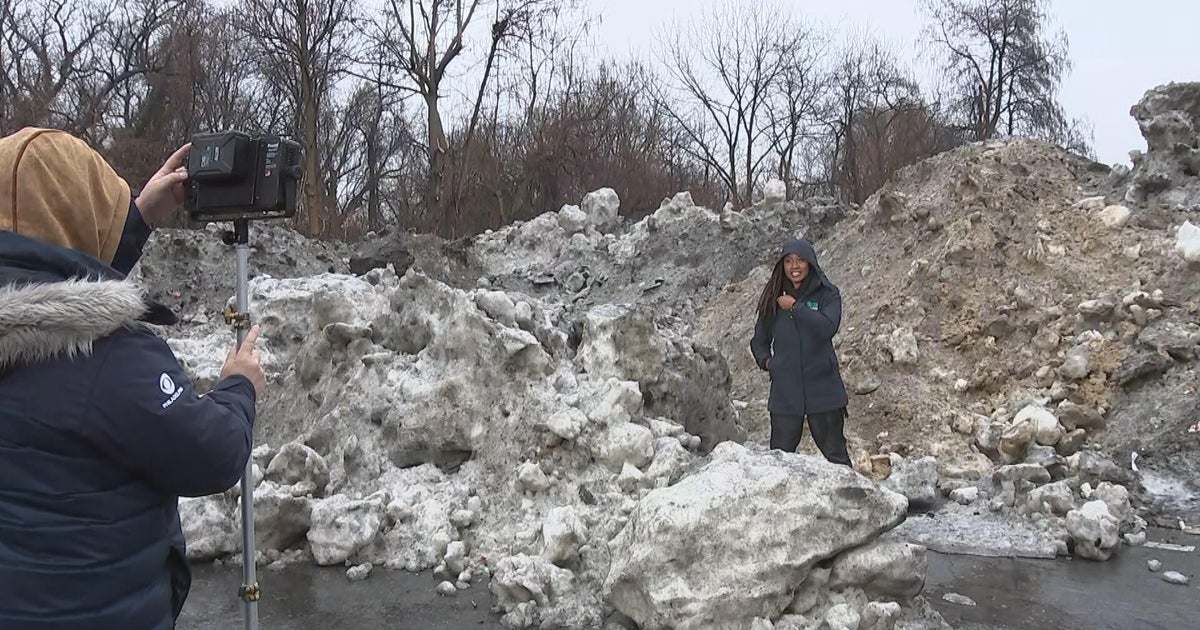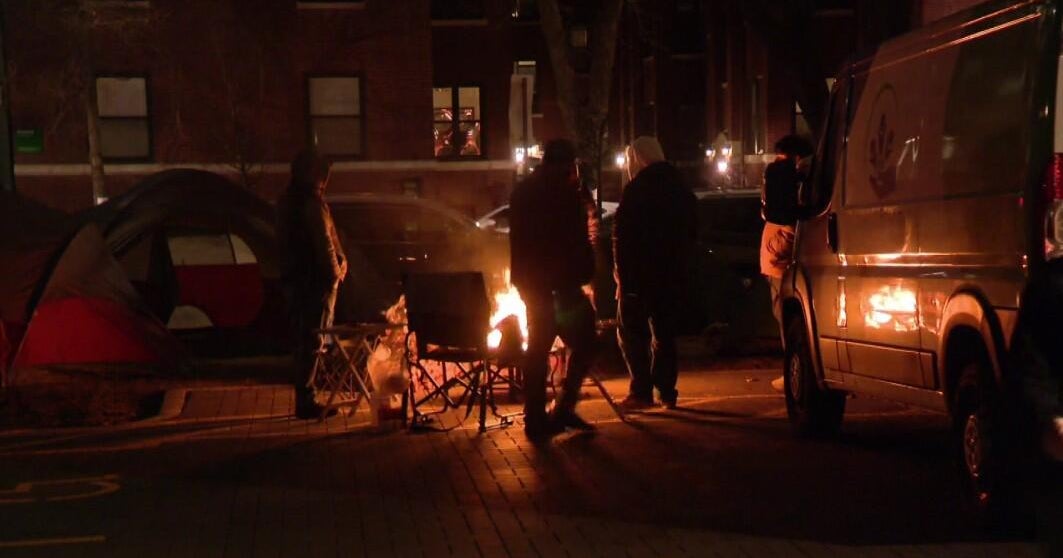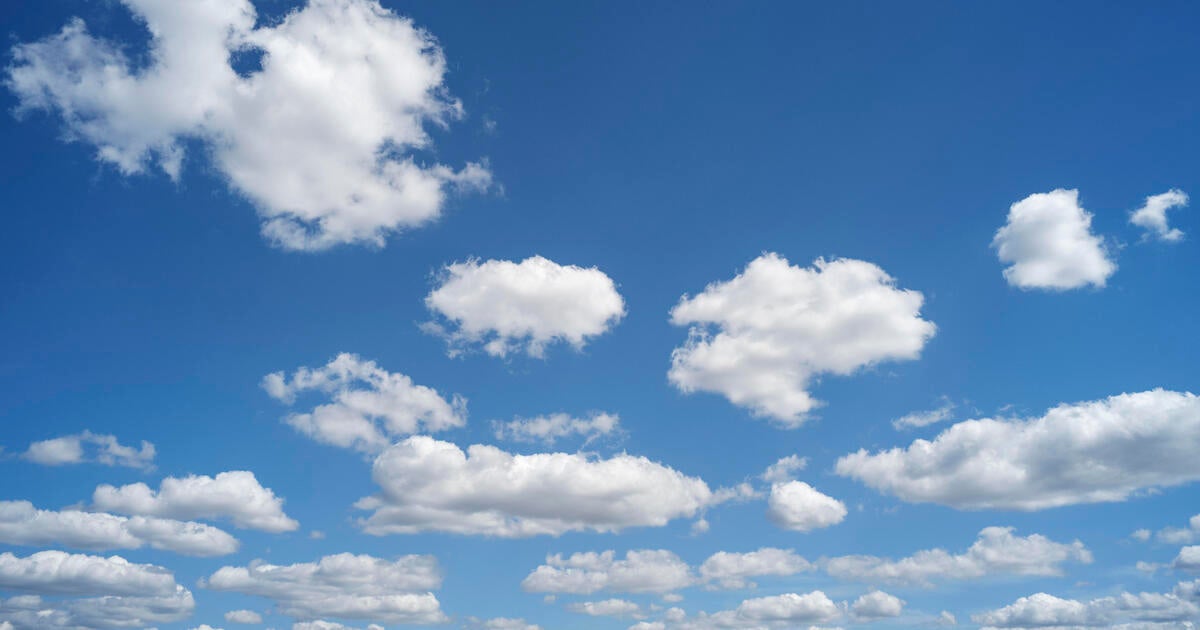With a heat wave in the weather forecast, here's how NYC officials want you to prepare
NEW YORK -- New York City officials are preparing for an expected heat wave starting Tuesday and lasting through the rest of the week.
Temperatures are expected to be in the 90s in the city and across the Tri-State Area.
Extreme heat kills more people than any other type of weather, so officials want New Yorkers to have a plan to stay cool.
City pools are not open yet. Officials said they are waiting until June 27 to open them. City beaches are open daily from 10 a.m. to 6 p.m.
If you don't have air conditioning in your in your home, there are cooling centers across the city, including libraries, community centers, malls and museums. The Salvation Army is also opening cooling centers.
Experts also recommend avoiding outdoor activities during the peak heat hours of noon to 8 p.m.
NYC officials warn of heat dangers
Mayor Eric Adams and various city officials held a news conference Monday to discuss how they're preparing for the sizzling temperatures.
"We want you to monitor for blackouts. New Yorkers should know we are in constant communication with our utility partners, including Con Edison and PSEG on Long Island, and we will be monitoring electric system. The system can be stressed when temperatures are high and everyone is using their air conditioner, so we want to be extremely conscious of that," Adams said.
"New York you should also be very aware of signs of heat-related illness on the body. Heat stroke occurs when the body's temperature rises quickly and can rapidly lead to death. Call 911 if someone you know displays the following signs: Hot, dry skin or cold, clammy skin," New York City Health Commissioner Dr. Ashwin Vasan said.
"Heat waves can be dangerous. With one expected this week, I encourage New Yorkers to take precautions necessary to stay safe and avoid exhaustion," Gov. Kathy Hochul said. "Keep an eye on your local forecast, stay hydrated and postpone outdoor activity as much as possible."
"Extreme heat is the most dangerous weather phenomenon we have in New York City. We lose over 350 New Yorkers a year on average to heat," said Zach Iscol, commissioner of the city's Office of Emergency Management."
City officials are urging people to check on their neighbors, especially seniors and people who live alone, and also want to remind you to keep pets cool and never leave an animal in the car. Their paws can also be hurt on hot pavement.
Who's at greatest risk due to heat
People with the highest risk for heat-related problems, according to the governor's office, include:
- Adults over 60
- Infants and children
- Pregnant women
- People with chronic diseases
- People with preexisting health conditions like obesity, heart disease and diabetes
Some New Yorkers may qualify for a free air conditioner. Eligibility includes having a documented medical condition exacerbated by extreme heat, or households with young children or older adults.
You can also check the CDC's "HeatRisk" map to find out more about conditions near you.
Con Ed warned that with high heat comes the risk of thunderstorms, which could bring down wires. People are reminded to stay away from any downed wires. You can also check in on Con Ed's outage map.
"Hot weather does tend to put stress on the electric delivery system. The energy delivery systems for New York are extraordinarily reliable, 10 times more reliable than the rest of the country. We have extra crews staffing to be able to respond to any issues we have," Con Ed President Matthew Ketschke said.
"On a really nice day in fall or spring, we could have 100 customers without power, so if you add a couple of days of 95 degrees, it can't be perfect," Con Ed spokesperson Philip O'Brien added.
Energy saving tips
Con Edison also wants people to avoid running their dishwasher or doing their laundry during peak heat, and is asking people to set their air conditioners at 78 degrees. They say even though that may seem high, it will still keep your house cool, and your electric bill down.
Here are some additional energy saving tips from Con Ed:
- If you are running your air conditioner, close off unoccupied rooms. If you are using the AC in your living room and nobody is in the bedrooms, close the doors to those rooms
- Set your air conditioner to the highest comfortable temperature. Every degree you lower the thermostat increases costs.
- To reduce heat and moisture in your home, run appliances such as ovens, washing machines, dryers and dishwashers in the early morning or late at night when it's cooler outside.
- Keep shades, blinds and curtains closed. About 40% of unwanted heat comes through windows.
- Even when using AC, use ceiling and other fans to provide additional cooling and better circulation.
- Turn off AC units, lights and other appliances when not at home and use a timer to turn on your AC about a half-hour before arriving home.
- If you run a business, keep the door closed while running the AC
- Keep AC filters clean.
- Replacing an old air conditioner with a new ENERGY STAR unit can reduce energy usage by 30 percent.
Hochul said the New York State Department of Public Service will be overseeing utility response to any issues related to the heat, and if necessary, activate the Emergency Response Demand Program to reduce load. There are approximately 5,500 workers available statewide to respond to and repair any damage. If your power service is interrupted, here are a list of tips.



